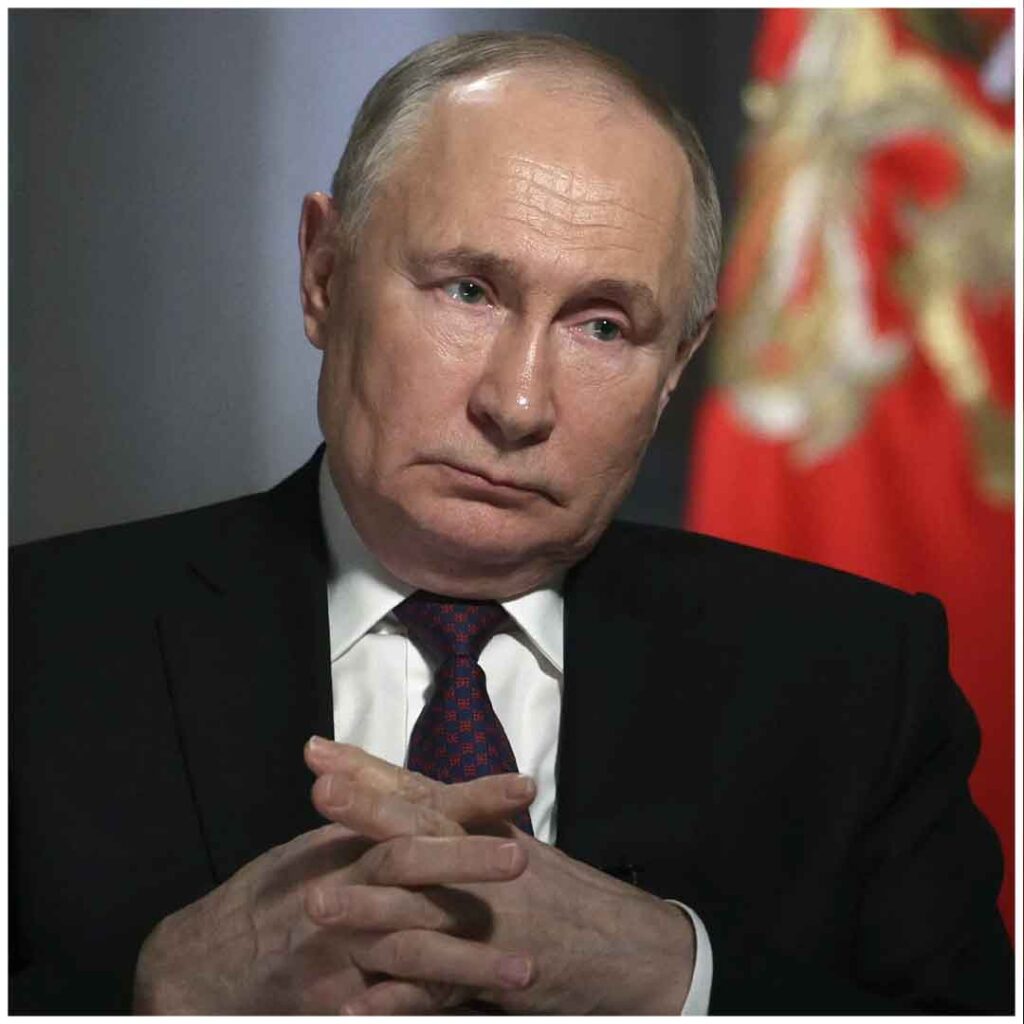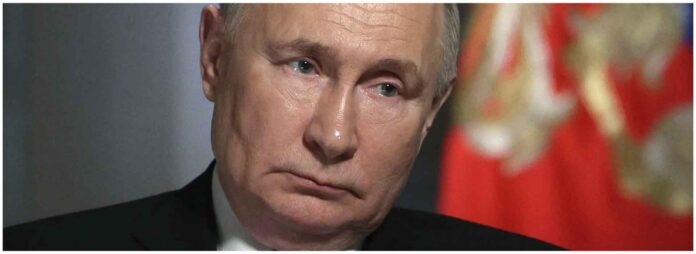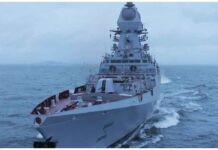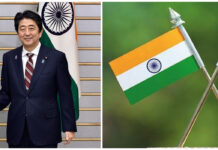Russian President Vladimir Putin has issued a series of stark warnings that underscore the heightened tensions between Russia and the West, particularly concerning the situation in Ukraine. These pronouncements have sparked widespread concern over the potential for a nuclear conflict, highlighting the precarious state of international relations.

Suspension of New START Treaty and Nuclear Readiness
One of the most significant actions taken by Putin was the suspension of Russia’s participation in the New START treaty. This pivotal arms control agreement with the United States, aimed at limiting the two countries’ strategic nuclear arsenals, has been a cornerstone of nuclear non-proliferation efforts. Putin’s decision to suspend participation and the announcement that new strategic nuclear weapons have been placed on combat duty signal a dramatic escalation in Russia’s nuclear posture. This move, according to Putin, is a response to perceived threats from the West and is indicative of Russia’s willingness to resume nuclear testing should the U.S. do so, threatening the fragile balance of global strategic parity.
The Risk of Nuclear Conflict
Amidst the ongoing crisis in Ukraine, Putin has explicitly warned of the risk of nuclear conflict if Western countries were to deploy troops in Ukraine. He asserts that Russia possesses the weapons capability to strike targets in the West, a chilling reminder of the potential for escalation to a nuclear war. This rhetoric follows the worst crisis in Moscow’s relations with the West since the Cuban Missile Crisis of 1962. Putin’s explicit nuclear warning emphasizes the critical need for restraint and dialogue to prevent a direct confrontation between NATO and Russia.
Western Interference and Military Posture
Further complicating matters, Putin has lambasted Western interference in what he deems Russia’s internal affairs, with a particular focus on the situation in Ukraine. He has dismissed suggestions that Russia might extend its aggression beyond Ukraine as “nonsense” and stressed the need for Russia to bolster its military presence along its western borders in response to NATO’s expansion. Despite the bellicose language, Putin has also expressed a willingness to engage in discussions on nuclear strategic stability with the United States, though he remains skeptical of the U.S.’s intentions.
Diplomatic Efforts and the Path Forward
As tensions continue to escalate, the international community is faced with the daunting task of navigating a path forward. Putin’s stark warnings serve as a grim reminder of the high stakes involved in the Ukraine crisis and the broader geopolitical rivalry between Russia and the West. Diplomatic efforts to de-escalate the situation and re-establish dialogue on arms control and strategic stability are more critical than ever. The world watches closely, hoping that diplomacy can avert a deepening crisis and prevent the unthinkable consequences of a nuclear conflict.
Conclusion,
The suspension of the New START treaty, the readiness to engage in nuclear warfare, and the critique of Western actions reflect the profound challenges facing international diplomacy. The global community must prioritize diplomatic engagement and negotiation to resolve the Ukraine crisis and address the broader tensions between Russia and the West, with the goal of averting a catastrophic escalation.






















